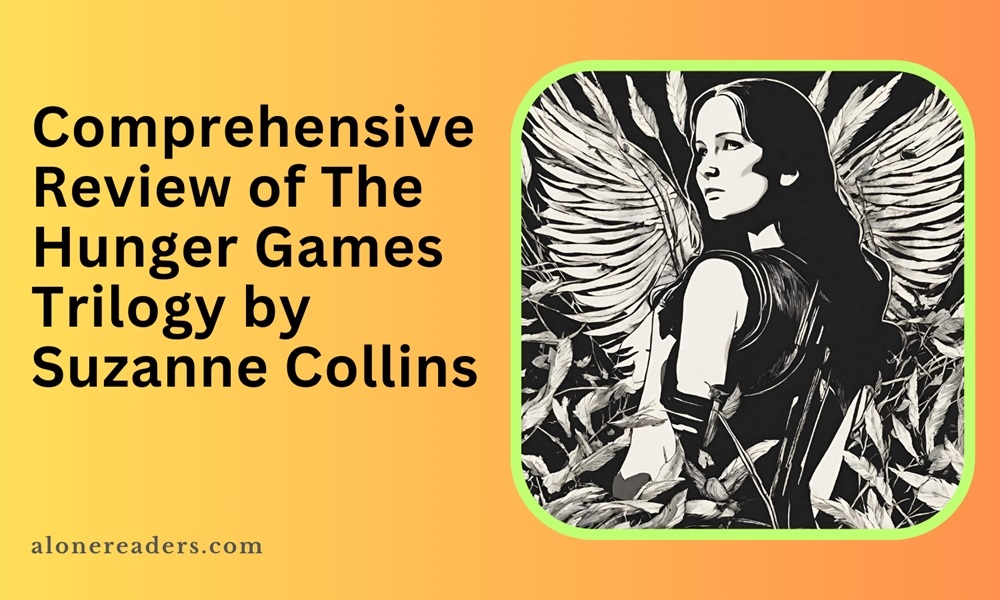
The Hunger Games trilogy by Suzanne Collins has undeniably left an indelible mark in the world of literature and pop culture. This series, consisting of "The Hunger Games," "Catching Fire," and "Mockingjay," merges the thrills of survival and the harsh reality of a dystopian world, presenting a narrative that is both gripping and thought-provoking.
At the heart of these novels is the stark and oppressive nation of Panem, where the Capitol exerts its ruthless control over the twelve districts. Each year, as a grim reminder of the past rebellion and as a means of control, the Capitol hosts the Hunger Games, a brutal televised event where two tributes from each district are forced to fight to the death. The story revolves around Katniss Everdeen, a resilient and resourceful teenager from District 12, who becomes a symbol of hope and rebellion against the totalitarian regime.
Collins' writing is exceptionally vivid and fast-paced, keeping the readers on the edge of their seats. The first book, "The Hunger Games," introduces us to the harsh realities of Panem and the cruel nature of the Games. Collins does a remarkable job in developing Katniss’s character, showcasing her strength, vulnerability, and moral dilemmas. The narrative is deeply engaging, making it almost impossible to put the book down.
The second installment, "Catching Fire," escalates the stakes. Here, Collins delves deeper into the politics of Panem and the undercurrents of rebellion stirring in the districts. This book excellently portrays the evolution of Katniss as a reluctant hero and a symbol of hope for the oppressed. The plot twists in "Catching Fire" are brilliantly executed, culminating in a cliffhanger that leaves readers eagerly anticipating the final book.
"Mockingjay," the final book, takes a darker turn as it deals with the realities of war and rebellion. Collins does not shy away from the grim consequences of violence, making this novel more mature and intense than its predecessors. The portrayal of psychological trauma and the cost of war adds depth to the narrative. While some readers found the ending of "Mockingjay" controversial, it undeniably fits the tone and message of the series.
One of the most striking aspects of The Hunger Games is its social commentary. Through the lens of a futuristic society, Collins addresses issues like economic disparity, media manipulation, and the effects of war on individuals and communities. The series encourages readers to question authority and the status quo, making it particularly resonant with a younger audience.
Moreover, Collins masterfully constructs a world that is both imaginative and eerily familiar. The dystopian setting of Panem, with its advanced technology and brutal government, serves as a powerful backdrop for the story’s themes. The series also features a well-developed cast of supporting characters, each adding their own layers to the narrative.
In terms of cultural impact, The Hunger Games has become a phenomenon, inspiring a successful film franchise and a significant fan base. Its influence extends beyond entertainment, sparking discussions about social and political issues among its audience.
In conclusion, The Hunger Games trilogy is a remarkable work that combines thrilling adventure with deep social commentary. Suzanne Collins' skillful storytelling and rich character development make this series a standout in young adult literature. Whether you are a young reader or an adult, these books offer a compelling story that is both entertaining and thought-provoking. The Hunger Games is more than just a series of books; it's a powerful narrative that challenges readers to think critically about the world around them.